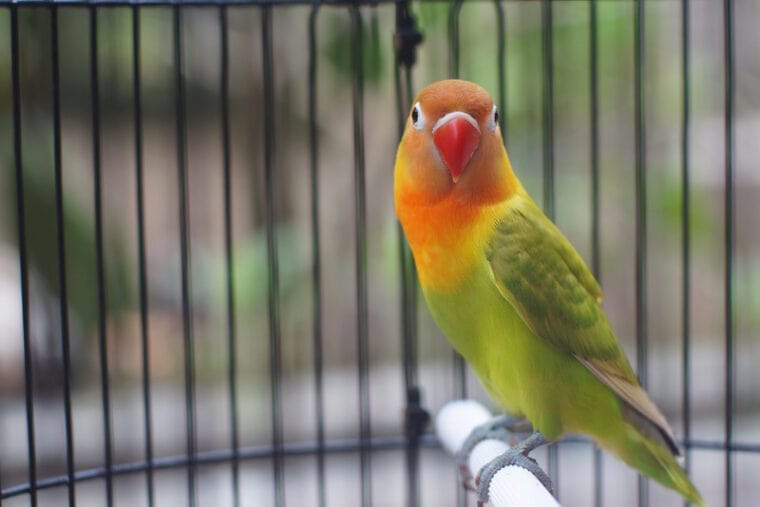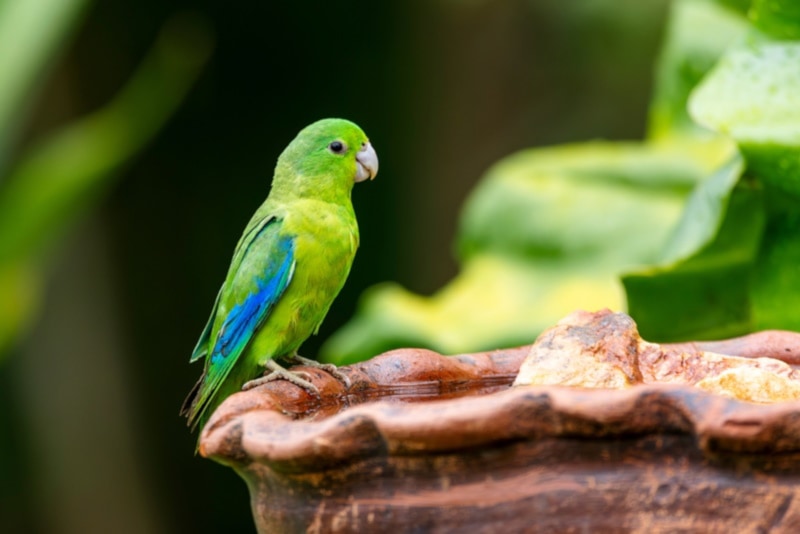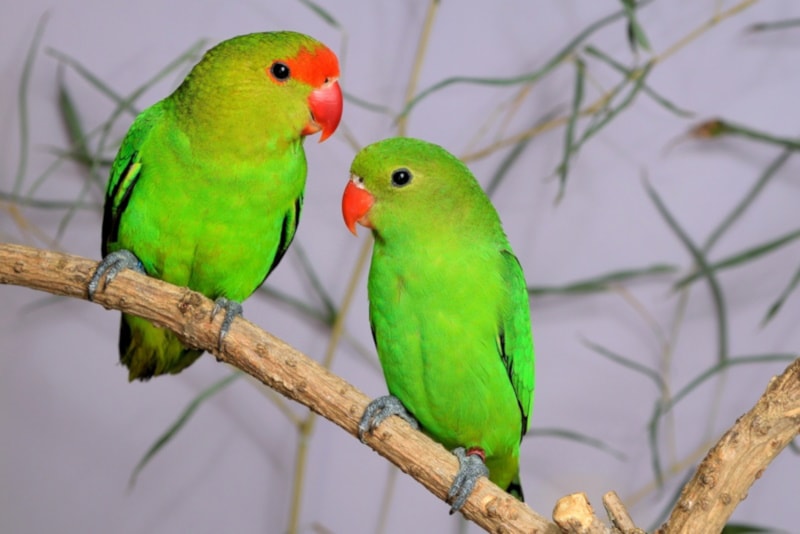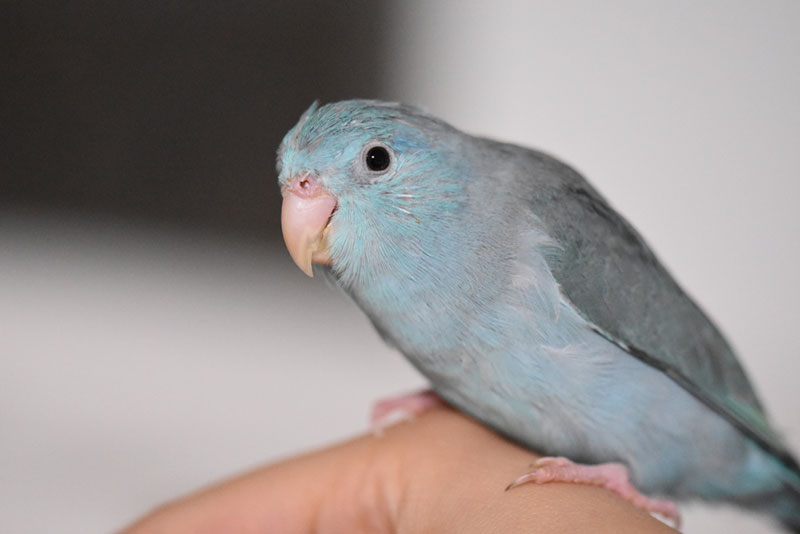
Click to Skip Ahead
Everyone knows dogs have an amazing sense of smell, but a bird’s scent capabilities should be talked about more. Though scientists originally believed that birds are lacking in the olfaction department, recent research suggests that many avian species can detect aromas, using them to select mates, forage, and find the perfect nesting spots. Read on to learn more about birds’ sense of smell and their other most prominent senses.
How Well Can Birds Smell?
It was once believed that birds have little sense of smell, giving up their smelling capabilities for superior eyesight. However, recent research suggests that a bird’s ability to smell is just as important to them as it is to mammals.
Studies have shown that some species use smell to navigate, forage, and distinguish individuals.

Distinguishing Individuals
One study looked at incubating female juncos. Researchers applied preen oil from another species onto the nest of the incubating bird. They found that they left their nests faster when they identified the scent of another species’ preen oil.
Another experiment found that birds could distinguish between sexes and even tell the difference between birds of varying sizes, suggesting that there’s social information being provided by odors.
Hunting & Foraging
Some species of seabirds can recognize the scent of a specific compound emitted by krill, the main component of their diet.
Turkey vultures have a particularly interesting sense of smell. They find carrion (decaying flesh) through scent and have even been used to detect the location of leaks in oil pipelines. This is because one of the main ingredients in the scent of carrion is ethyl mercaptan, a substance added to natural gas in pipelines.
Though Kiwi birds don’t have spectacular eyesight, they make up for it with their extremely keen sense of smell. They’re the only birds with external nostrils at the tip of their long beaks. Kiwis find bugs underground using odors over their eyesight.

Some birds, especially seabirds like albatrosses, use their sense of smell as a road map, helping them navigate the skies. One study shows that birds use olfaction for long-distance oceanic navigation and migration.
Pigeons learn at a young age how to identify environmental odors carried through the wind. They use this information to find their way home from new or unfamiliar places. Studies show that pigeons use their right nostril most when navigating via scent, suggesting that the left-brain hemisphere (where olfactory information gets processed) plays an essential role in homing pigeons’ orientation and navigation.
What Are a Bird’s Most Prominent Senses?
Sight and hearing are the most important senses for birds.
A Bird’s Sense of Sight
Most bird species can see twice as much detail as we can. They can spot food and approaching predators from farther away. Many species have excellent color vision. Nocturnal birds, like owls, may be able to see very well in the dark, but it’s a trade-off as they cannot perceive colors as well.
However, because of how their eyes are situated on their heads, most birds view their world in two separate images. They have a limited vision toward the front, so while they can see in great detail, it’s hard to gauge an accurate picture of their world until they move their heads.
Additionally, birds can process images much faster than we can. This is particularly helpful when they’re zipping around tree branches, allowing them to do so with much accuracy.

A Bird’s Sense of Hearing
Don’t let the fact that you cannot physically see a bird’s ears fool you into believing they have poor hearing. Their ears are hidden behind their feathers and are crucial to their survival. Birds need acute hearing to communicate with one another and listen to predators. Some species, like owls, have ear adaptations that allow them to hunt better. An owl’s ears are not symmetrical, allowing them to accurately detect where sounds come from for successful night hunting.
Final Thoughts
A bird’s sight and hearing are its two most important senses, but that doesn’t mean it cannot smell. Some species have a stronger sense of smell than others, but all birds can smell in some capacity. They use their nostrils to help them forage, navigate the skies, and identify other birds and potential predators.
Featured Image Credit: stockernubie, Shutterstock









